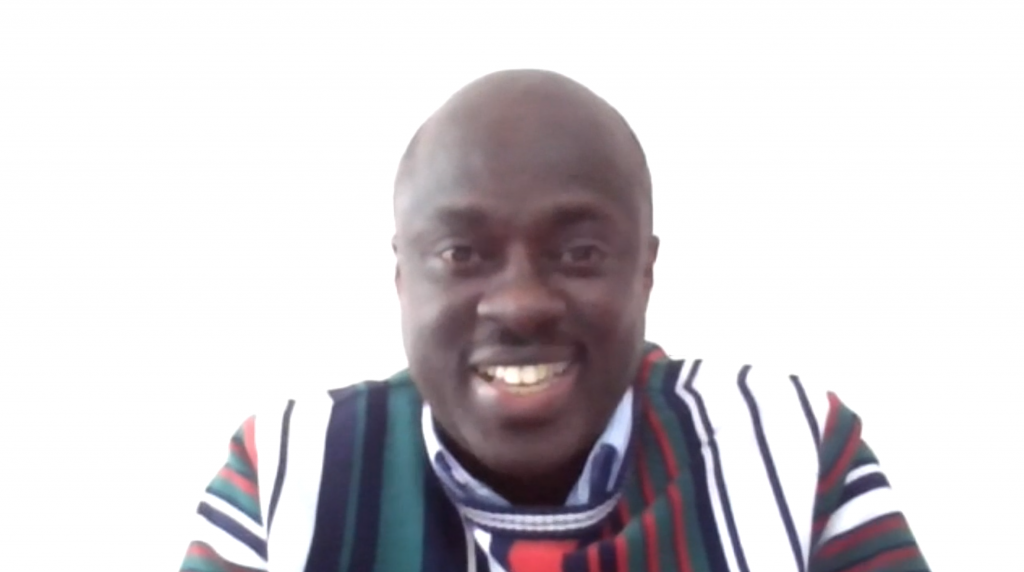
Salford councillor Wilson Nkurunziza sought refuge in the UK 18 years ago when he fled from a civil war in Burundi, East Africa.
The 46-year-old worked his way up from nothing to starting his own family and becoming a Labour councillor, representing the Langworthy ward, and looks back on his journey with a mixture of emotions.
“If I am here, it’s not because it’s magic,” the father-of-two said, humbly, “it’s because it has happened, and it will continue to happen.”
Fleeing from the Burundian Civil War in 2002, Wilson moved to London and was dispersed – a method where asylum seekers are distributed across the country – to the North East. He lived here until 2005, before moving to Salford for his studies.
The Burundian Civil War lasted from 1993 to 2005 and came about due to the ethnic division between the Hutu and Tutsi ethnic groups. Wilson fled from this alone, leaving his family behind with no choice but to start fresh in an unfamiliar country.
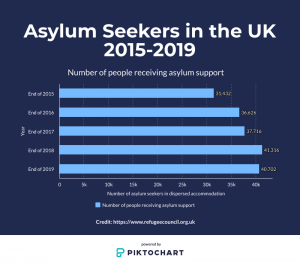
He shared: “Because I was just moving into a new country, I was keen to be integrated into the community, into the society, and to make a contribution to the country. One of the ways to give back to the country is to learn the language because if I can communicate, that’s the basics.
“I was keen to learn English and happy to learn it to make a contribution, but obviously it’s very hard. With resilience and having the mindset, it soon becomes something that you put the time into and can make happen.”
Wilson spoke Burundi, French and Swahili when coming to England. He learned basic English in school but was not fluent when he came to London.
The reason he moved to Salford was to get a degree from the University of Salford and study in the Business School. He had experience in the business sector from his studies back home and wanted to expand his knowledge in this area.
He eventually completed his first degree in 2008.
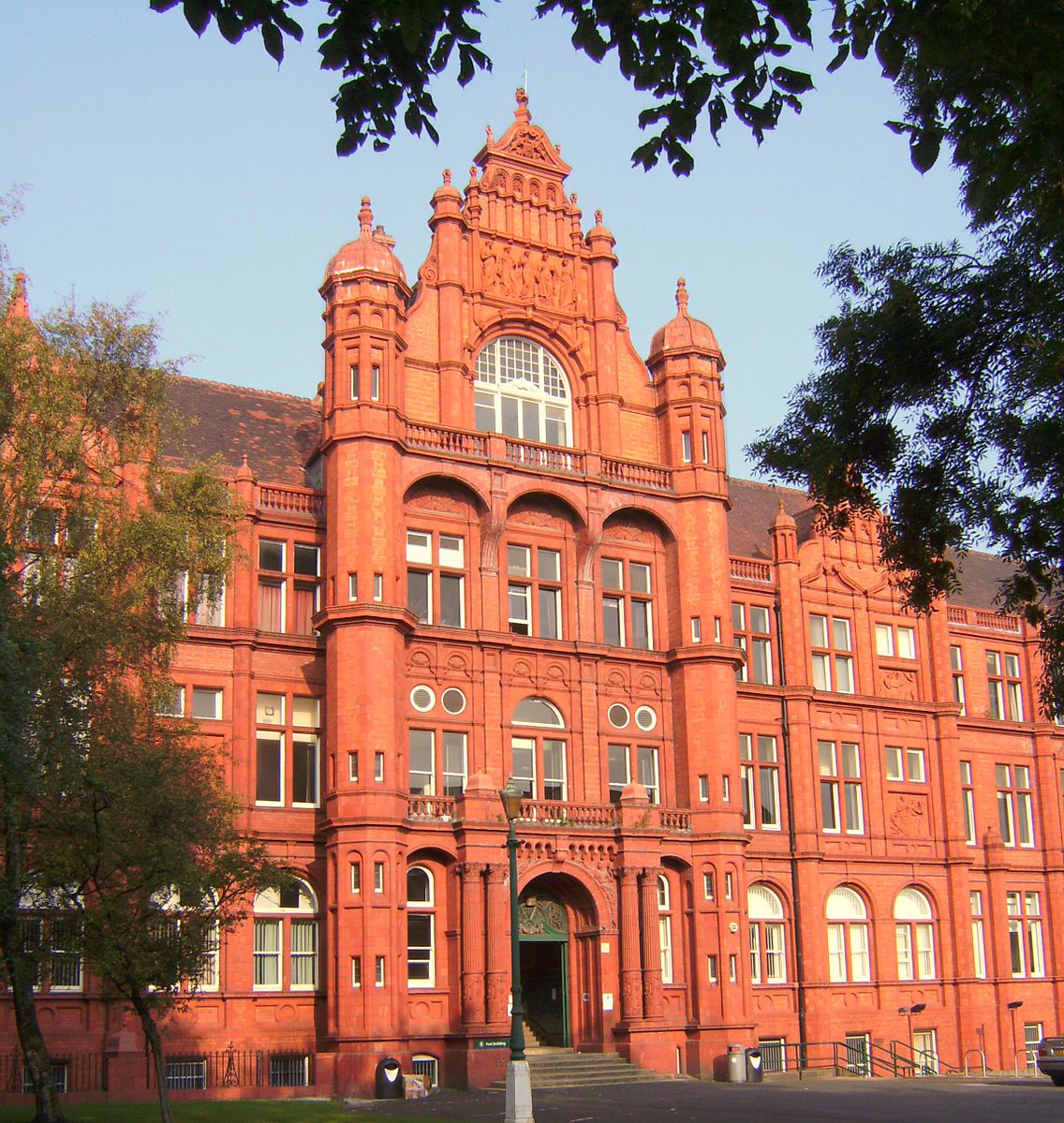
“That was the groundwork for me to understand and have the knowledge I need,” he shared. “Knowledge is power, so having that groundwork to start thinking, to reflect on who you really want to be in the future, was great.
“Whilst I was looking for work, I started volunteering. One of the ways of giving back to the community is to volunteer. So, I volunteered with a lot of different organisations as a trustee, a group member, and it gave me the platform to build social relationships with my neighbours, the community, and the area.
“I also started promoting community cohesion, working with the local police; working with the housing providers; working with the council to make sure we promote that. I worked on different projects as well as a community researcher.”
Wilson felt that working as a community researcher exposed him to the real issues in the community, such as lack of food in food banks or children not having food at school.
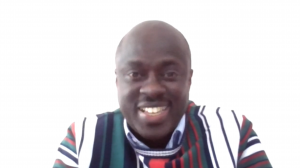
“I realised I didn’t fully understand the community issues or how to bring change within the community,” he recalled. “So, I decided to do a degree in social work. There were things I didn’t understand why it was happening and I didn’t understand how to intervene to make change.”
With this realisation, Wilson went back to the University of Salford to study social work, and he graduated with a masters in 2016.
“It really showed me an understanding of the community issues, an understanding of social injustices, and an understanding of things, like how a homeless person comes to be homeless,” he said. “The course taught me the possibility on how to challenge that unfairness and social injustice.
“For me, as somebody being involved in the community, having that knowledge and experience helped me to understand that to achieve change, it is through activism, but that also isn’t enough. It has to be paired with political processes.”
Wilson involved himself in politics in 2012, but it wasn’t until 2017 when he was elected as a councillor following the tragic death of councillor Paul Longshaw.
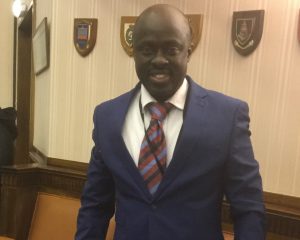
Recalling his success and all he has achieved since, Wilson shared: “I think, personally, I have worked with wonderful communities and wonderful activists.
“I do feel that when you achieve change, it’s not about the leader, it’s about collective engagement because change is about people acting for one common goal.
“Working with the other councillors on different issues, I feel that, collectively, we have made massive change, and we continue to work for the betterment of our council and our area.”
Wilson expressed his gratitude for the opportunities Salford and the UK gave him, particularly wanting to share a message with other asylum seekers.
“It’s a message of hope,” he stated. “It’s a message that this is a country of opportunities and democracy, where they will not face oppression or atrocities or the trauma they have suffered.
“This is a country where they can engage, like anyone else, in democratic processes. Some countries don’t allow everybody to be a part of their system, that’s why people leave.”
He continued: “So, they should take this opportunity and feel enough confidence to engage in the public domain, to be included in democratic norms and practices. I do feel that if we don’t engage, there are gaps in service delivery.”
Wilson’s goals now are quite simple. He shared: “I want to continue to be a strong advocate for my ward, supporting residents and local groups to achieve the best outcomes and social change that we want to see happen.”














Recent Comments